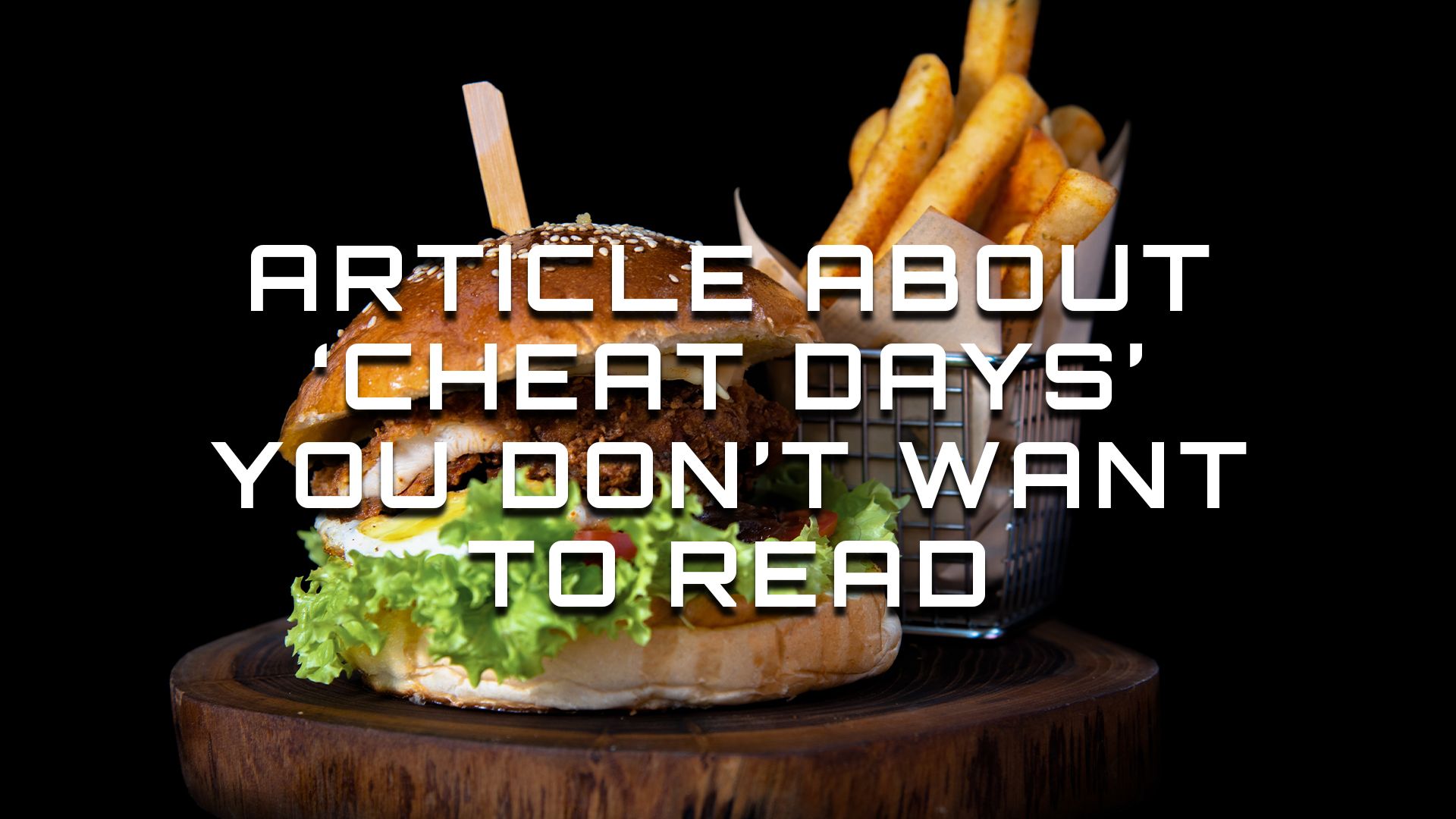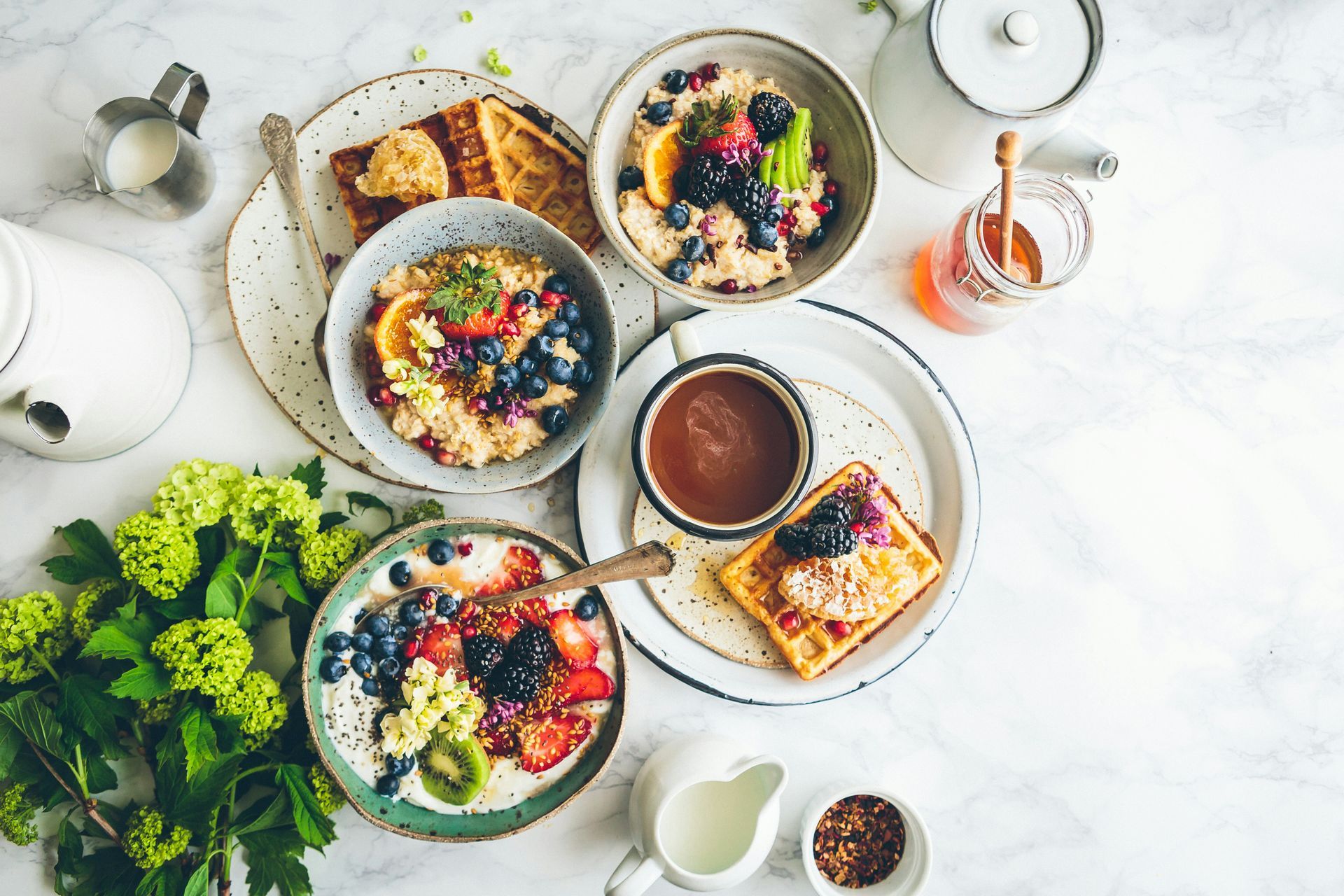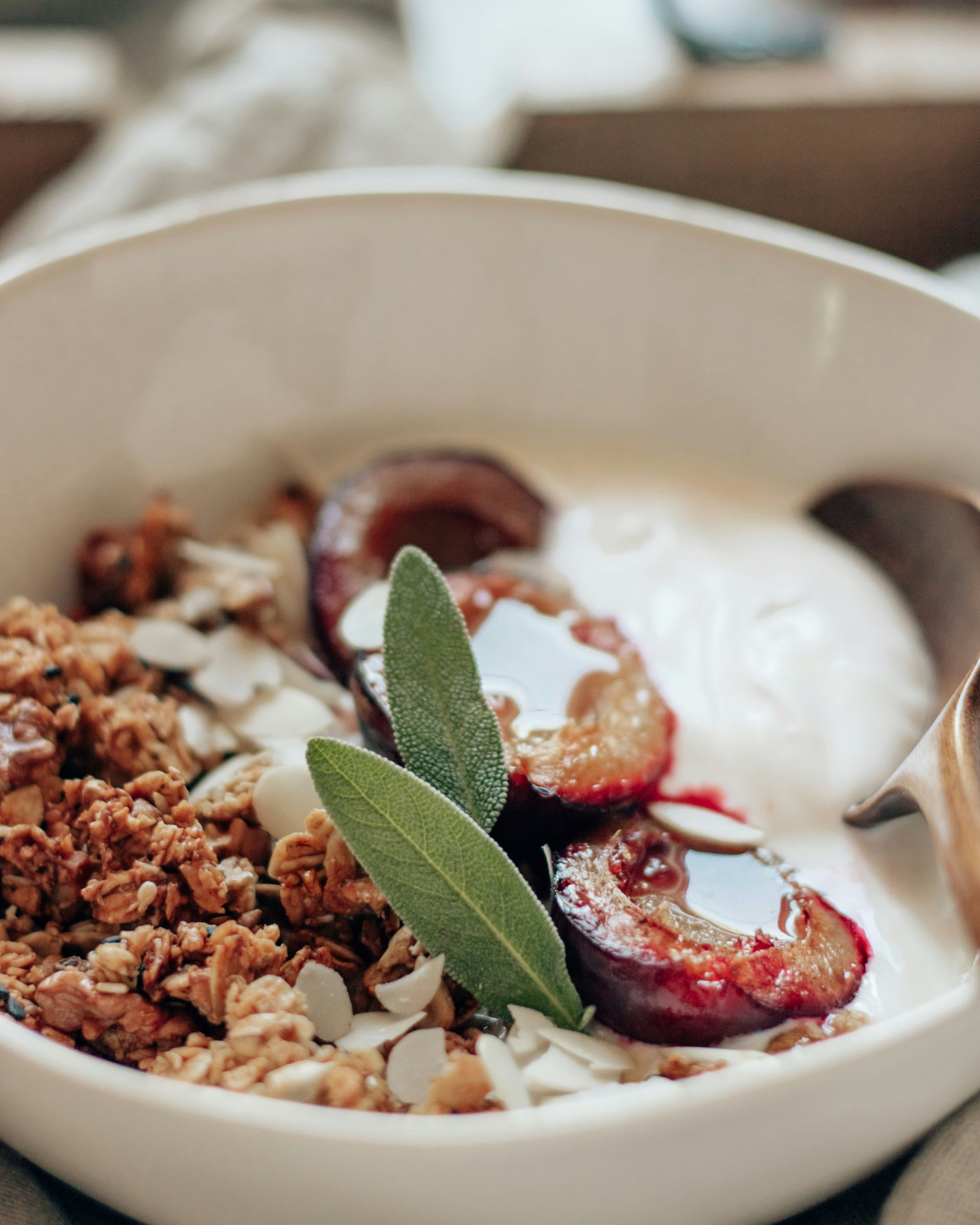
Having cheat days can potentially hinder your progress towards reaching your goals for several reasons:
Disrupting Caloric Balance: Cheat days often involve consuming a significantly higher amount of calories, particularly from unhealthy or indulgent foods. This can disrupt the caloric balance you have established for your goal, such as weight loss or maintenance. I'll give you a real world example, during my university day's I would diet religiously from Sunday - Friday, count my calories on myfitnesspal and abstain from any food with taste. I would for sure end up on a caloric deficit of around 300-400kcal each day. Here comes Saturday, and I would eat anything imaginable, literally anything. I must of ate well over 5,000kcal on that day alone.
So, my sunday - friday deficit was approx 300 x 6 = 1,800kcal. My Saturday was a surplus of over 3,000kcal. That puts me on a net surplus over the entire week, therefore inhibiting my fat loss goals.
Psychological Impact: Cheat days can have a psychological impact on your relationship with food. Allowing yourself to indulge in unrestricted eating on cheat days may lead to feelings of guilt, shame, or a loss of control around food.
This mindset can create an unhealthy relationship with food and make it more difficult to maintain a balanced and sustainable approach to eating in the long term. As mentioned before, an entire day of trailblazing can destroy a week's worth of perfect eating.
It takes around 6 weeks to build a habit, and if you continuously have cheat days then you're making it harder for yourself to stop having cheat days
Disrupting Consistency: Consistency is key when it comes to making progress towards your goals. Consistently following a healthy eating plan and exercise routine is more effective in achieving sustainable results than relying on occasional cheat days. Frequent cheat days can disrupt the consistency of your healthy habits, making it harder to stay on track and maintain momentum towards your goals.
Slowing Progress: Consistently incorporating unhealthy foods on cheat days can slow down progress towards your goals. These foods are often low in nutritional value and can affect your energy levels, overall health, and performance during workouts. They may also lead to bloating, water retention, or inflammation, which can mask your progress or make you feel sluggish.
It's important to note that occasional indulgences or flexibility within a balanced eating plan can be a part of a healthy lifestyle. However, it's crucial to find a balance that aligns with your goals and doesn't compromise your progress or overall well-being.
If you're struggling with your diet and nutrition, ask me a question directly here or through instagram here
My name's Jay, and my stick is to help people lift heavier, move better all whilst staying injury and pain free. Contact me for Personal Training in the London area, and who knows, it could be an experience you'll never forget and find worthwhile!

Start Today!
Ready to transform your fitness journey? Take the first step towards achieving your goals with personal training!
My take on Health and Fitness



